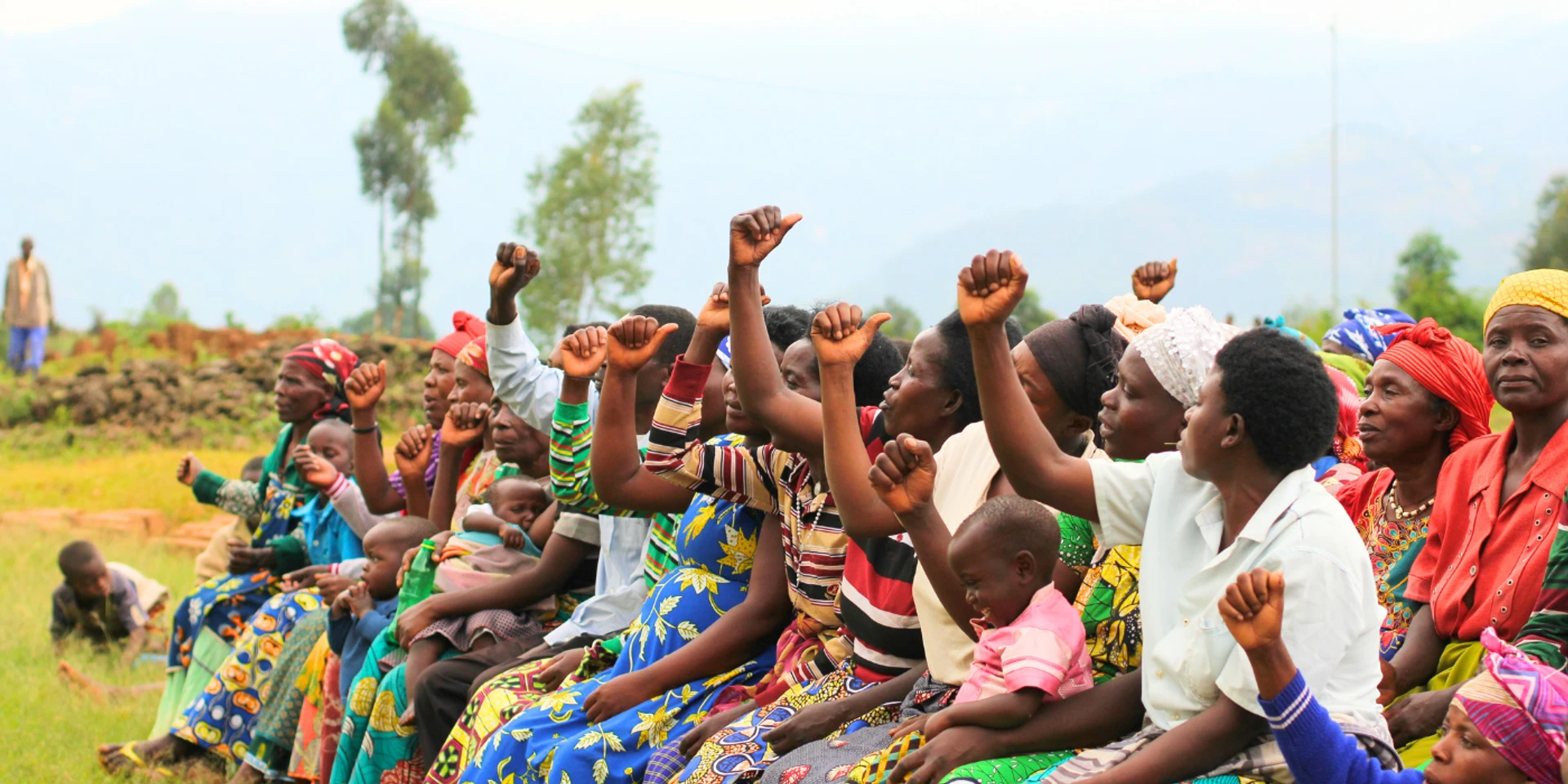Stigma in a post-Covid-19 world

Ethnographies of health among Roma communities in the United Kingdom
'Stigma in a post-Covid world' was ethnographic and participatory research with Roma communities in the UK, who were perceived as having greater difficulties than other migrant groups in accessing and using healthcare services. The study interrogated the impact of public health interventions during the Covid-19 crisis and sought to understand how the pandemic has affected perceptions of stigma, institutional trust, feelings of belonging, and structures of self-empowerment amongst Roma groups.
A key aim of the research is to voice the concerns of Roma groups in post-Covid-19 policy-making processes.
In addition, the research investigated how social, economic and cultural factors interact with central and local government policy to produce stigma and vulnerability and how far these experiences are altering citizens’ social and political attitudes toward their communities, the state and the nation after Brexit. Policies can overtly or implicitly enable stigma, resulting in decreased access to and use of health services.
Background
The Covid-19 pandemic exposed disproportionate morbidity and mortality among minority populations in the UK. The crisis has been particularly challenging for Roma groups – often framed in policy language as ‘Europe’s largest ethnic minority’. Yet, discussions on Roma responses to Covid-19 had been largely underexplored, particularly in relation to community input in the macro-level domains of the state. The research mapped out entry points and appropriate interventions with regard to Roma communities, including through tracing the language of marginalisation in policymaking whilst juxtaposing policy actors and community discourses.
The study was multi-sited providing insights into life in a post-Covid-19 world for Roma populations in London and Leicester, UK. A key aim of the research was to voice the concerns of Roma groups in post-Covid-19 policy-making processes. Crucially, the applicability and contribution of the study can extend to other minority groups and vulnerable populations in the UK.
Objectives
The project sought to bring forward perspectives previously unknown to national understandings of the Covid-19 pandemic and its impact on underrepresented groups, and on post-pandemic recovery and preparedness. The research aims were:
- To understand how stigma is understood, experienced and contested within Roma groups and in their relationship with the healthcare system.
- To map out the main social infrastructures, crucial to shaping communal experiences - informal (e.g., churches) and formal (e.g. schools, local authorities support structures, workplaces)To explore alternative narratives and new insights into solidarity and humanitarianism.
- To consider temporalities (during and post-pandemic) and how established models of public health policymaking are applied to new contexts.
- To study institutions, including the voluntary sector and interrogate the relational process of stigma, rendered invisible by institutions and internalised by Roma communities.
- To produce guiding principles for communal participation in policymaking.
Researchers

Dr Iliana Sarafian| FLIA / CPAID
Dr Iliana Sarafian is a postdoctoral researcher at the Centre for Public Authority and International Development at FLIA, LSE. Iliana’s research is in the fields of minority health and wellbeing, gender, ethnicity, and social inequalities in European contexts.
Research interests: Resilience, gender, social inequality, ethnicity, European Roma populations.
Region of focus: UK, Poland, Italy, Bulgaria.
Email: I.Sarafian@lse.ac.uk

Professor Tim Allen
Professor Tim Allen is Principal Investigator for the Centre for Public Authority and International Development.
He is a professor of Development Anthropology in LSE's Department of International Development and Director of the Firoz Lalji Centre for Africa, Tim Allen has expertise in the fields of complex emergencies, ethnic conflict, health and forced migration.
Email: T.Allen@lse.ac.uk

Professor Laura Bear
Professor Laura Bear specialises in the anthropology of the economy, infrastructures and time. Her current research focusses on the unequal effects of the Covid-19 pandemic on vulnerable UK communities and emerging practices of the public good. She is co-leading an LSE Anthropology research group on the theme of "Innovations in Care: Supporting Vulnerable Households during the Covid-19 Pandemic."
Email: l.bear@lse.ac.uk